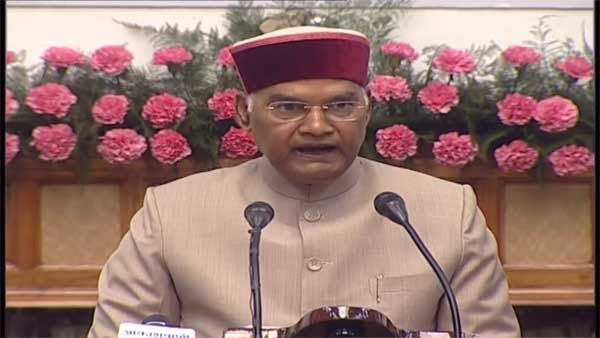The Indian government has established an eight-member committee led by former President Ram Nath Kovind to investigate the feasibility of the ‘One Nation, One Election’ proposal, which has been advocated as an electoral reform by Prime Minister Narendra Modi.
The committee, whose primary objective is to initiate its work immediately and offer recommendations as soon as possible, comprises significant political figures from various parties. Union Home Minister Amit Shah, Congress leader in Lok Sabha Adhir Ranjan Chowdhury, and former Leader of Opposition in the Rajya Sabha Ghulam Nabi Azad are among the committee members.
DON'T MISS
Other members include N.K. Singh, the former chairman of the 15th Finance Commission; Subhash C. Kashyap, a former secretary general of the Lok Sabha; senior advocate Harish Salve; and Sanjay Kothari, a former chief vigilance commissioner. Arjun Ram Meghwal, the Union Law Minister, will attend committee meetings as a special invitee, while Niten Chandra, secretary in the Department of Legal Affairs, will serve as the committee’s secretary.
This may involve recommending specific amendments to the Constitution
The committee’s main task is to assess and propose methods for conducting synchronized elections for the Lok Sabha, State Legislative Assemblies, Municipalities, and Panchayats, while considering the existing framework under the Constitution and other statutory provisions. This may involve recommending specific amendments to the Constitution, the Representation of the People Act, 1950, the Representation of the People Act, 1951, and related rules and laws. Furthermore, the committee is tasked with analyzing and suggesting potential solutions for scenarios like hung Houses, the adoption of no-confidence motions, defections, or other such events arising from synchronized elections.
The formation of this committee marks a significant step towards exploring and potentially implementing simultaneous elections across India’s various political levels.
Keep watching our YouTube Channel ‘DNP INDIA’. Also, please subscribe and follow us on FACEBOOK, INSTAGRAM, and TWITTER.
